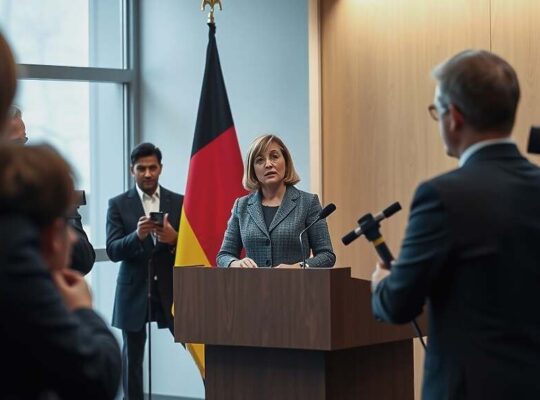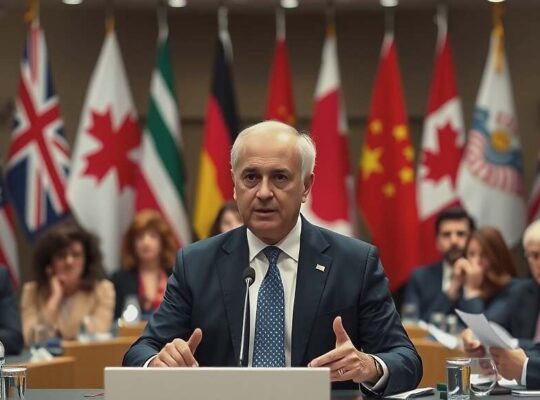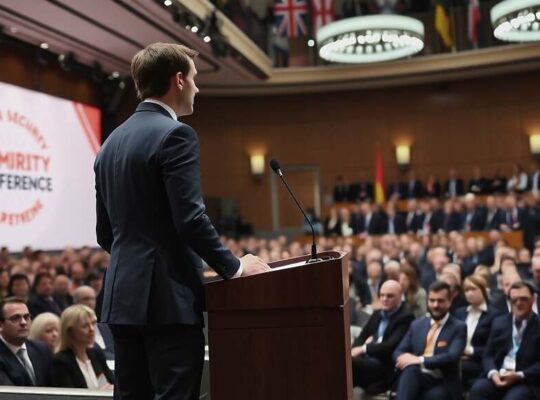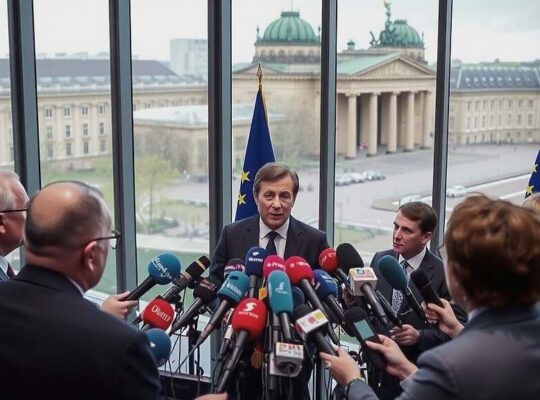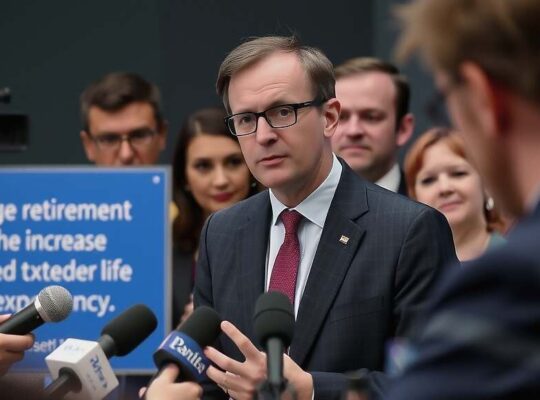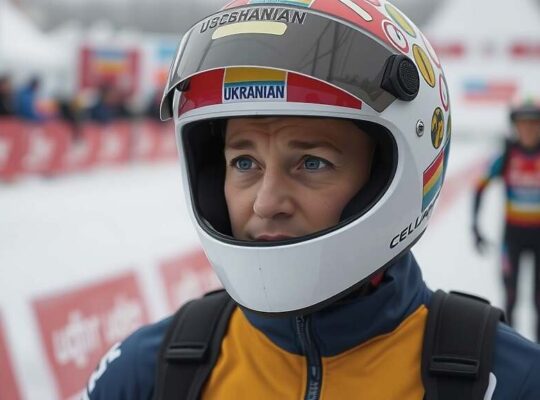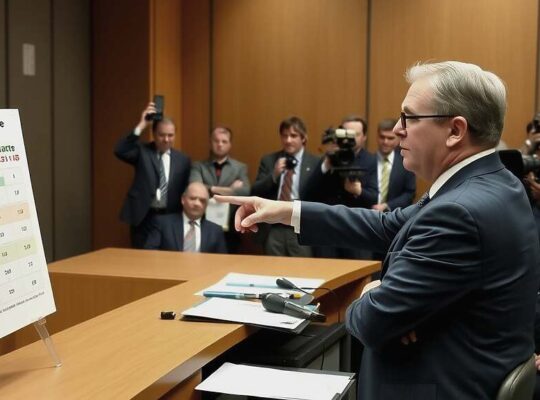The head of Airbus Defence and Space, Michael Schöllhorn, has issued a stark warning to the European defense industry, urging a fundamental shift in strategy to proactively address the increasingly volatile geopolitical landscape. In an interview with “Süddeutsche Zeitung”, Schöllhorn called for a return to Cold War-era stockpiling practices, emphasizing the need to maintain “reserves of raw materials and components” even at significant financial cost.
Schöllhorn’s appeal highlights a critical vulnerability: Europe’s dependence on China and Taiwan for vital materials, particularly semiconductors. While acknowledging that the industry has improved its preparedness compared to three years ago, he underscored that the current state remains inadequate, stating, “We have been aware of the risk for some time”. He stressed the need for the defense sector to take decisive action, asserting that any future conflict must be pursued with the goal of swift victory to minimize civilian suffering. A protracted, five-year war of attrition, he cautioned, is simply beyond Europe’s current capacity.
The interview also touched upon the ongoing and increasingly fraught collaboration between Airbus and Dassault Aviation concerning the Future Combat Air System (FCAS). Schöllhorn voiced concern that Dassault’s apparent desire to develop a standalone aircraft could undermine existing agreements, jeopardizing the entire program. He insisted that while FCAS itself remains a military necessity – a networked air combat system is unavoidable – adjustments might be required should France pursue alternative fighter jet development paths.
Beyond FCAS, Schöllhorn’s remarks subtly criticized Europe’s reliance on American defense suppliers, referencing Poland’s recent purchase decisions and Sweden’s history of developing independent systems. He lamented that the security environment no longer permits the extended timelines previously anticipated, arguing that delays are now simply untenable. “We cannot afford to squander time” he stated bluntly.
Defending the proposed merger of satellite divisions belonging to Leonardo, Thales and Airbus, Schöllhorn framed the move as “vital for survival” not just for Europe’s space industry, but also for European defense capabilities and overall prosperity. He specifically argued against the persistence of national approaches, asserting that they are unsustainable in a globally competitive market dominated by American and Chinese entities. The future, he implies, demands greater pan-European cooperation to maintain a viable position on the world stage.



